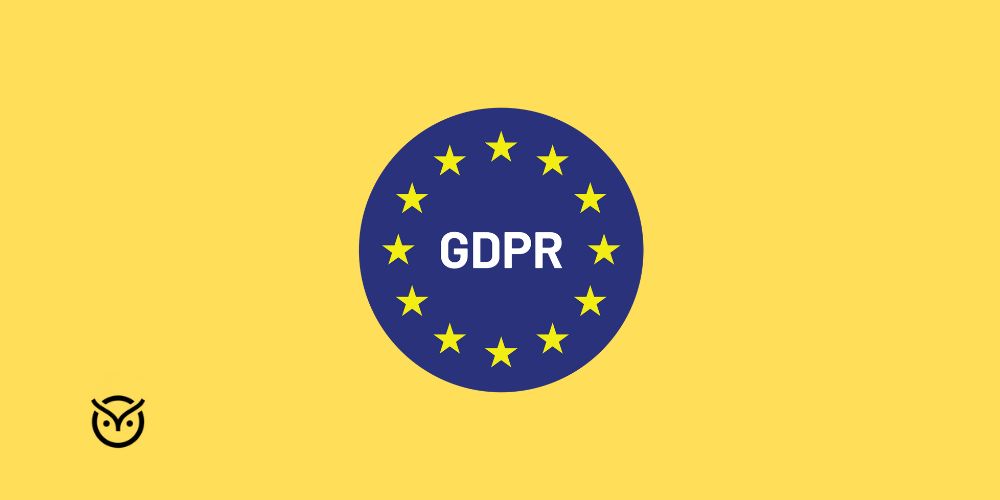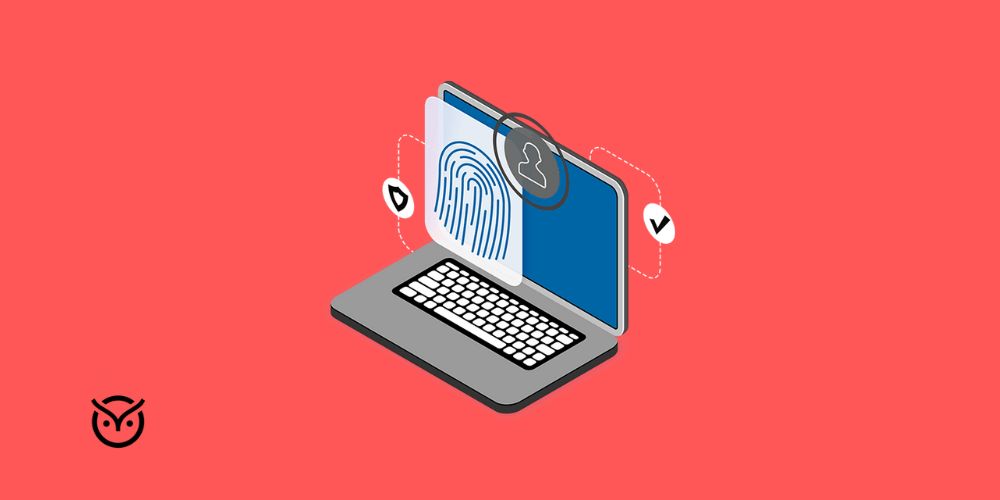
TL;DR
- GDPR-compliant video interview tools help hire candidates safely.
- These tools use clear consent steps so candidates know how their data is handled.
- Strong privacy controls keep video files secure and stored in approved regions.
- HR teams get safer workflows with talent assessment platforms that comply with GDPR.
Several HR teams like the speed of video interviews, yet they worry about one big issue. Candidate data keeps growing, and rules keep changing. A single video file can store a face, a voice, and personal details. When people apply for jobs in Europe, they want to trust that their information stays protected. The trouble starts when teams use tools that do not explain where data goes or who can see it.
The good news is that hiring tools are getting smarter. New platforms now combine easy video interviews with strong privacy settings built for GDPR. In this blog, you will learn how to pick the top GDPR-compliant video interview tools for HR and how to check if a platform handles consent, video storage, and privacy in the right way.
How Video Interview Tools Navigate GDPR Requirements
Video interviews collect more than text information. They record expressions, voice tone, and background details. This is why GDPR treats them as sensitive personal data. A platform must clearly tell candidates what is recorded, why it is stored, and how long the company keeps it.
In 2024 the European Data Protection Board stated that biometric and audio data can be high risk when mishandled. This makes it important for HR teams to choose software that takes privacy seriously.
Modern video interview tools use clear notices before a recording begins. This includes the purpose of the recording and the legal basis for using it. The platform must also protect recordings with encryption. Good tools also give candidates simple ways to contact support if they have privacy concerns.
Companies must follow strict rules when sending data outside the EU. General 2023 reports from the CSA, highlighted general data security and compliance issues across all industries.
The most trusted video interview tools solve this by storing files inside the EU and using strong access controls. This helps HR teams avoid legal trouble while giving candidates peace of mind. For teams studying how AI shaped hiring practices, a useful comparison appears in this overview of ethical AI use in talent assessment.
Candidate Consent Management: What It Should Look Like
Consent must be easy to understand. A video interview tool should show a short message that tells candidates what data is recorded and why. It should also ask for agreement in a clear yes step. Tools must avoid hidden text or long legal pages. When candidates press record, they should know what they are agreeing to.
Good consent systems also let candidates change their minds. GDPR calls this the right to withdraw consent. If a candidate no longer wants their video stored, the company must respect that.
A tool should give HR teams a button to delete files quickly without leaving any copies behind. Platforms that support candidate consent management and privacy controls make this simple by adding automated reminders when storage time ends.
A helpful consent system also keeps logs. This gives HR proof that the candidate agreed to the recording. These logs protect both the company and the candidate if any dispute comes up later. Strong consent systems reduce confusion and build trust. You can see how consent connects to fairness in hiring on EEOC compliant assessments.
Top GDPR-Compliant Video Interview Tools
Below are the Top GDPR-compliant video Interview Tools for HR that balance privacy with easy hiring. Each one includes features built with compliance in mind so HR teams can work with confidence.
HireVue
HireVue offers structured video interviews with built-in privacy controls. It stores data in safe regions and follows strict GDPR standards. HireVue gives clear notices about how recordings are used. It also allows fast removal of candidate data.
Vervoe
Vervoe supports skill-based video tasks with clean consent screens. It hosts data in approved locations and keeps files encrypted during upload and storage. Vervoe follows strict retention rules so videos are removed after the set timeline.
Willo
Willo offers simple one-way video interviews. It uses EU-based servers to help companies stay GDPR friendly. Candidates see a clear message before recording. Willo makes it easy for teams to delete videos through its dashboard.
Spark Hire
Spark Hire supports both live and recorded interviews and includes strong privacy settings. It gives HR tools to manage consent logs and remove recordings quickly.
TestGorilla
TestGorilla combines video questions with skill tests. It is built with privacy rules from the ground up. It runs storage in EU-based data centers and gives HR teams strong access controls.
How Talent Assessment Platforms Support GDPR Compliance
Many hiring teams use talent assessment tools together with video interviews. These tools collect data about skills, behavior, and performance. This raises a big question which is how do talent assessment platforms handle GDPR and privacy compliance these days. The best platforms explain what data they gather and why it is needed. They separate identity details from assessment scores so the review stays fair.
A trusted system only keeps data for the right amount of time. This is called data minimization. A study from the International Association of Privacy Professionals in 2023 found that more than 60 percent of companies improved their retention controls to meet GDPR expectations. Platforms with good privacy design help HR teams follow these rules without stress.
Strong tools also let candidates see what the company stores about them. This includes their video files and their assessment results. Some platforms allow candidates to request edits if any information is wrong. This builds trust and keeps the hiring process transparent.
Platforms that support HR teams with structured privacy dashboards reduce mistakes. These dashboards show what files will expire soon and when data should be removed. This makes the hiring workflow smoother and keeps teams ready for audits.
When picking the top GDPR-compliant video interview tools for HR, make sure the platform also works well with talent assessment systems. This gives you a full hiring flow that protects both the company and the candidate.
Conclusion
Video interviews are now a core part of modern hiring. Yet they also bring big privacy responsibilities. This is why teams must choose the top GDPR-compliant video interview tools for HR that keep candidate data safe from the moment it is recorded.
Good tools have simple consent screens, strong encryption, and clear deletion options. They also work well with talent assessment platforms, so every part of the hiring process stays safe.
FAQs
Q1. How do assessment platforms handle GDPR today?
Most platforms now include strong consent steps and privacy logs. They explain why data is collected and use EU-based storage for sensitive files. They follow strict retention timing so old files are removed on schedule.
Q2. Can candidates delete their own data?
Yes. Under GDPR, candidates have the right to ask for deletion. Good platforms make this easy by adding clear options for HR teams to remove the data when requested.
Q3. Are video interviews stored in the EU?
Many GDPR friendly platforms store recordings inside EU data centers. This reduces risk linked to cross-border transfers. Always check the platform settings to confirm storage location.




